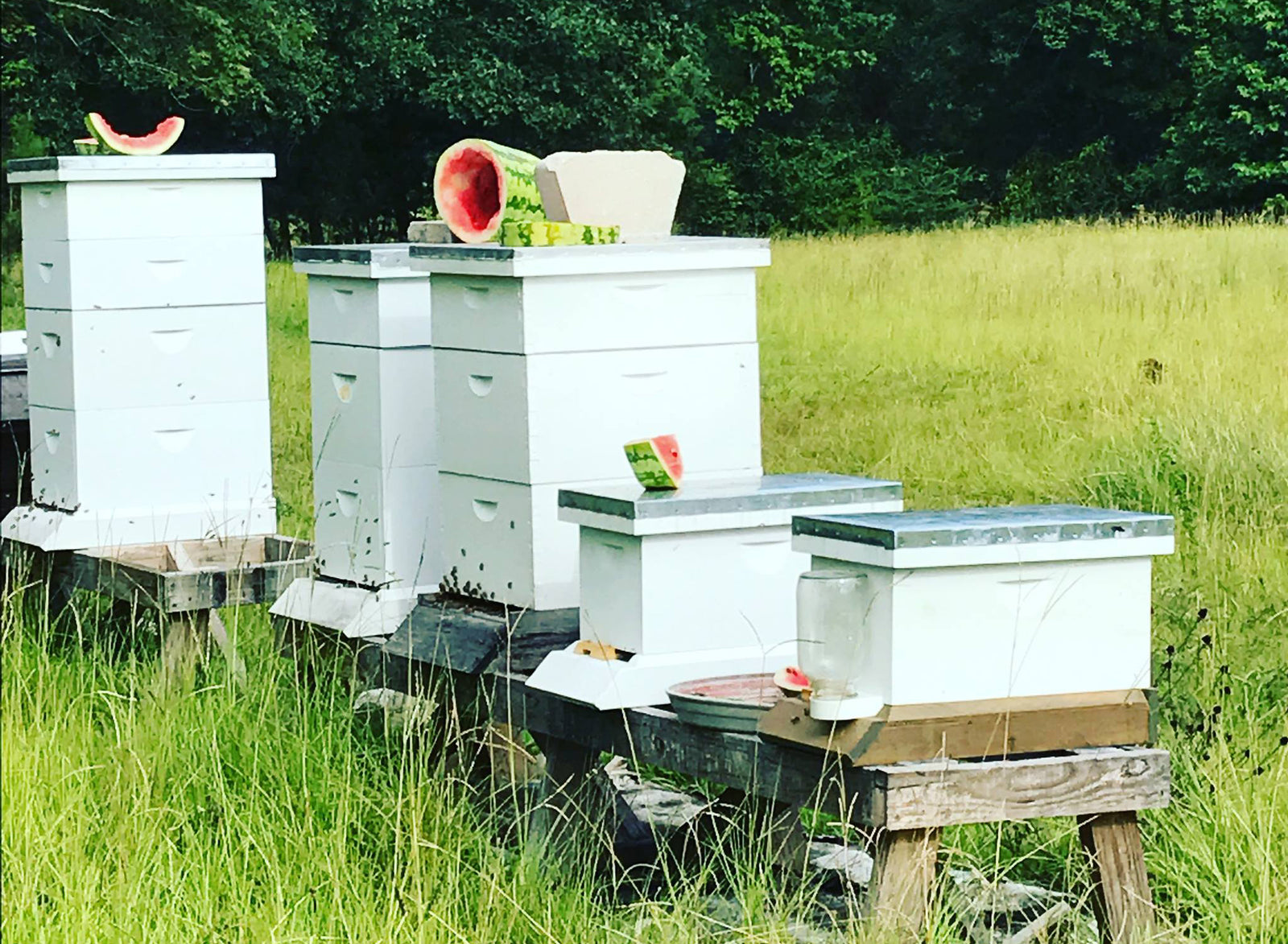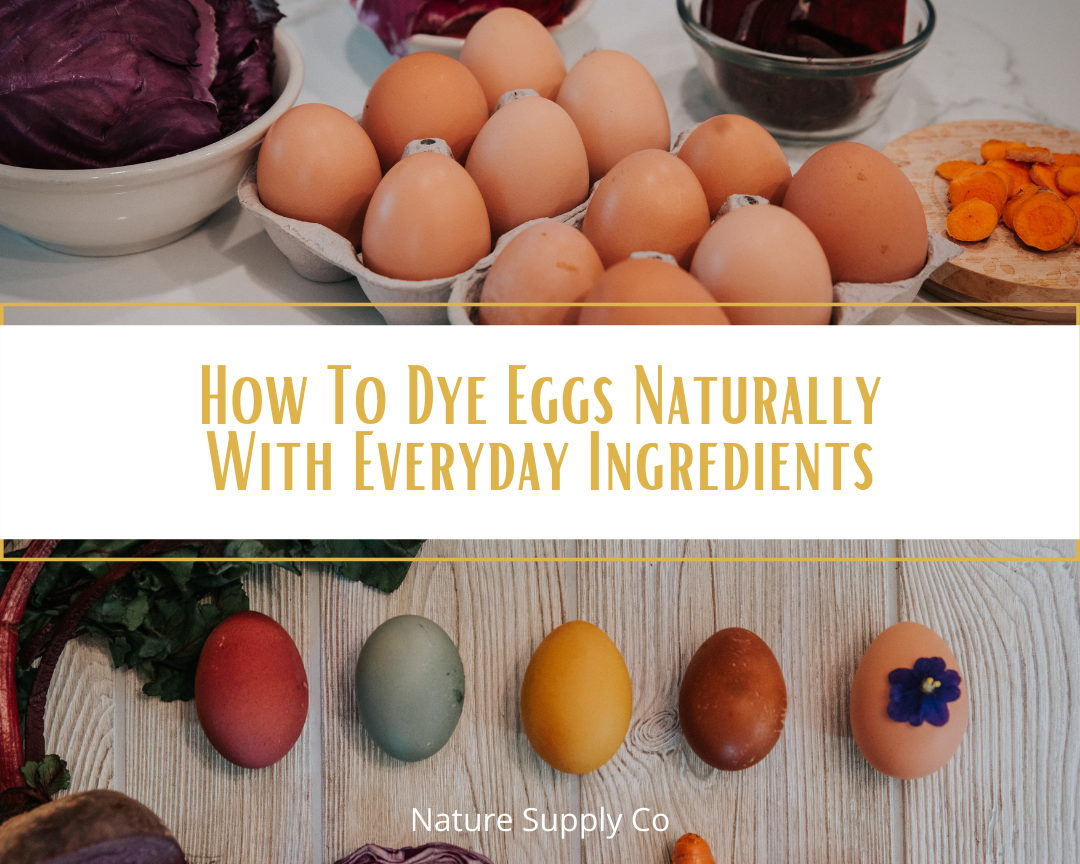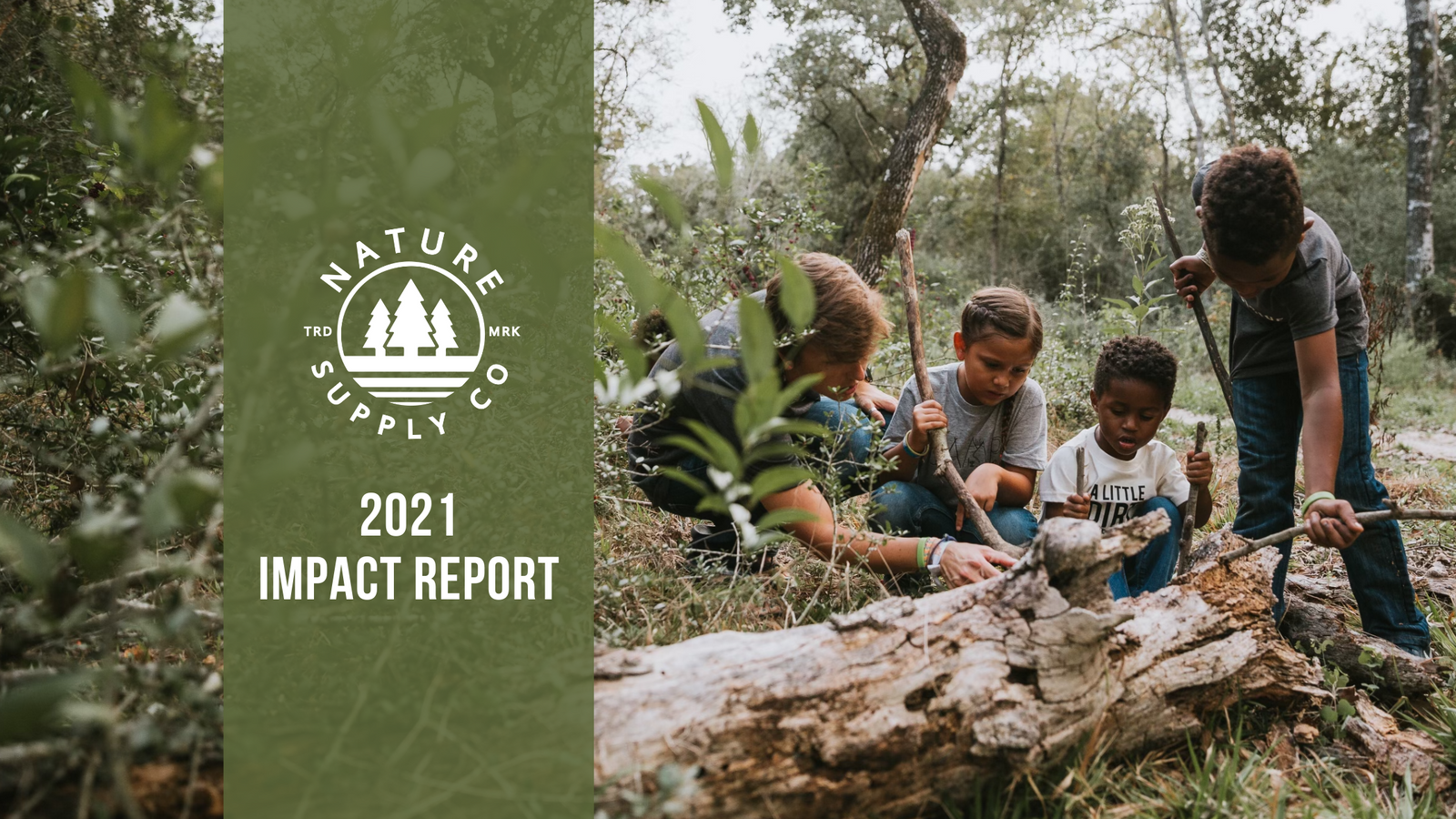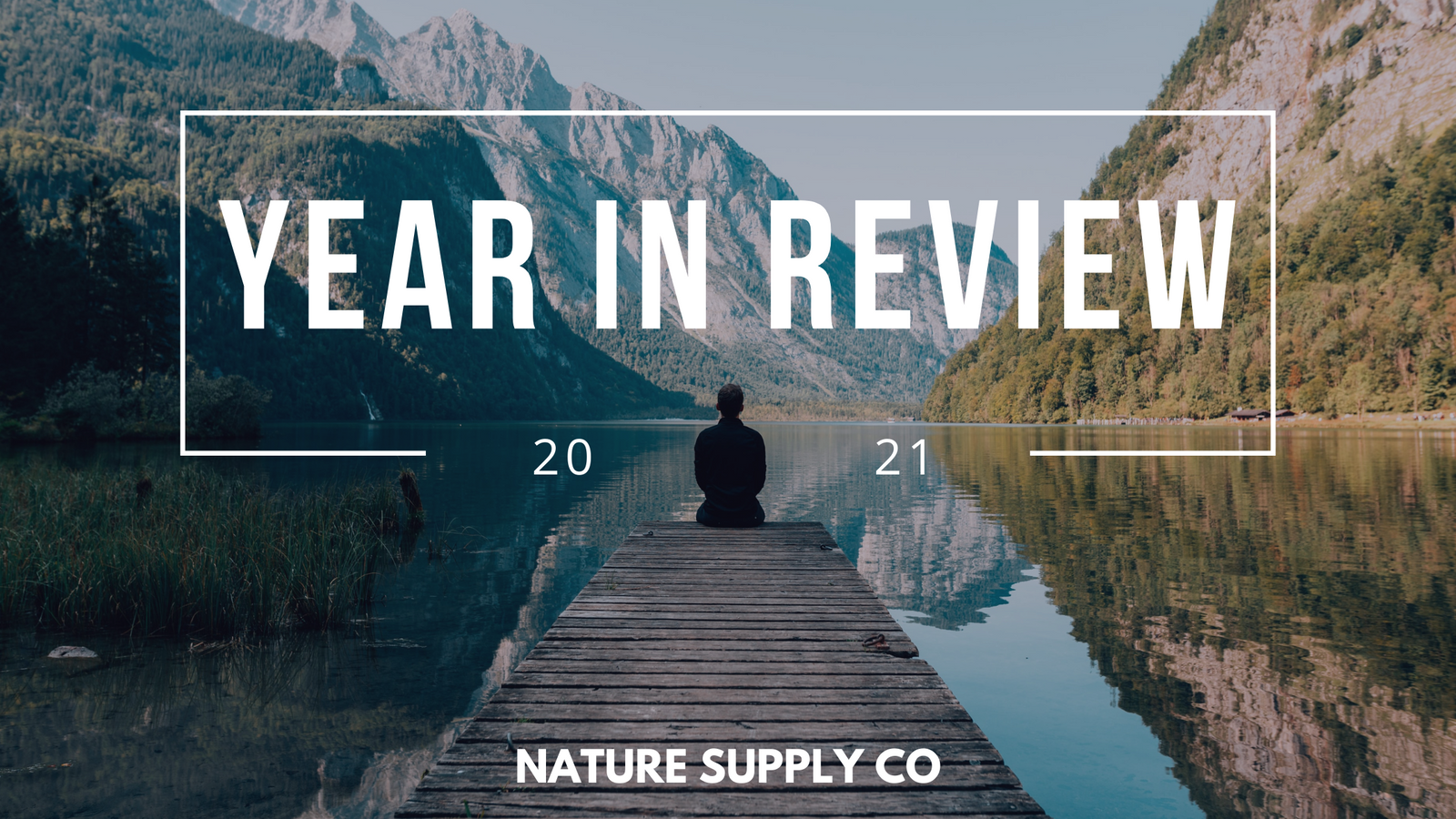At Nature Supply Co, supporting our local farmers is something that is near and dear to our hearts. From cultivating a more sustainable future, to meeting the faces behind the food that nourish our families, we hope to foster a community of connection and gratitude for the modern family farm. It is our hope that with this series, we can be an encouragement to their businesses and show our thanks for all that they give to their communities.
This week, we are honored to introduce you to Brin Wisdom, the owner of Balm+Honey Farm. Brin is a beekeeper and biodynamic market farmer from North East Texas. Check out her interview below!

We are so glad you are here! Tell us a little bit more about yourself!
Hi Magnolia Roots! I’m Brin Wisdom, a beekeeper and biodynamic market farmer located in the piney woods of northeast Texas. My business, Balm+Honey Farm, is a family operation. We’re in what’s known as the “ArkLaTex”- a corner of the south that sits on the borders of Texas, Arkansas, and Louisiana.
What is your background in farming? What inspired you to get started?
I come from a long line of farmers and gardeners but never saw myself living that life. While I helped my Dad plant onions, dig potatoes, and shell peas growing up, I enrolled in college early and moved to the (bigger) city at 17 years old, telling anyone and everyone who would listen that I wanted to be trouble-making news reporter. And I did. I worked for ABC News before moving onto CBS News. I loved it and I hated it and I quickly realized I didn’t want that life. So I packed up the many potted herbs and container vegetables I’d accumulated on my apartment balcony, left the news room, and started an energy research and consulting company. While my small office eventually became an outlet to advocate on behalf of local land and resource owners, I saw firsthand- as a reporter and then as a private consultant- the harm that big energy companies, special interests, and big government can do to farms, ranches, and homesteads. It deeply troubled me. Still does. I’m in my third year of beekeeping and second year of full-time farming, and I like to think that we all – customers, farmers, and beekeepers- are standing shoulder-to-shoulder and drawing a proverbial line in the sand.
We'd love to hear more about why you do what you do!
Farming and beekeeping is meaningful work, and its impact is felt beyond our fields and hives. Food producers, even small ones like us, affect local food availability and food stability. We support the health of people in our community by offering access to clean, real food. We try to intervene in the plight of the honeybee by nurturing new colonies and rescuing endangered ones. All of this is so important to me. Also, I cannot ignore the financial impact of what we do: we keep food dollars local and push them back out into our city and county economies. Soon we hope to extend employment opportunities to struggling folks (we have a big heart for the homeless) in our area. Small farms mean serious business on so many levels.
What are some of the challenges you face as a farmer?
Largely, we face two major hurdles every season. The first is… Texas. It’s a beautiful, frustrating, blessed, yet impossible place to farm. One day there’s ice on the ground and the next day it’s 80 degrees. One month we’ll have no measurable rainfall and the next month it will rain 18 days straight. And our summers are brutal: 100+ degree temps with obscenely high humidity is common June through September. Bees congregate outside their hives trying to stay cool, and in the field nothing but okra, southern peas, and maybe some peppers will fruit. Oh, and let’s not forget the Bahia. It’s an invasive grass that was imported for cattle grazing, and it’s the nightmare of farmers down here. Bahia roots go up to a foot deep and are sometimes as long as your hand. My blood pressure’s going up just talking about it. ;)
The second challenge we’re tackling is the need for increased regional awareness of the importance of local, organically-grown food. The SAD (Standard American Diet) is a way of life here, but we’re working overtime to promote our beloved farmer’s market as an alternative to conventionally produced, overly processed food products. This month, our farm is sponsoring a Local Food and Small Farming Symposium. Education is a big part of the job; I spend time each day, every day, explaining why organic is important, why the bees need us to stop using pesticides/insecticides, and what a CSA is. It’s exciting to see the message catching on, but the work continues.

What are some of the rewards of running your farm?
Farming and beekeeping help fill your soul. Truly. On the farm, we’re rehabilitating soil and doing all we can to save bees. There’s nothing more rewarding than drizzling honey on your toast and knowing that honey came from a struggling hive you had a hand in saving. There’s nothing like handing a child a purple carrot (grown in organically amended soil) and seeing the look on their face when they take the first bite. Farming is exhausting, all-consuming work, but it’s worth it the moment you send clean, mindfully-tended food home with hungry families… and sit down to homegrown meals yourself. So we farm on.
What are your goals and dreams for the future of Balm and Honey Farm?
We are dreaming of the day when our operation truly functions as our community’s local, full-service farm. I want folks to come out, experience their food, and live life- if only for a few hours a month- on the farm. And since our area has a significant homeless population, my goal is to be able to move many of these precious but marginalized people from the shelter to a place of purpose and community on our farm… and then maybe on to start their own. That’s incredibly important to me- that the farm serve as a place of healing and hope for people in all sorts of situations. We’ll get there. I believe with my whole heart that one day we’ll get there.
My dream for the future of farming is similar: that farms get hyperlocal and personal even as demand for organic, real food gets bigger and more commonplace. I hope our society will once again value the role that clean food, hard (outdoor) work, and community play in our wellbeing- individually and collectively. I dream of every area having their pick of affordable food from nearby, sustainable, biodynamic small farms. I hope that, in twenty years, farming will be personal again, and that people will know the names of those growing and raising their food.

We'd love to hear your advice for other farmers just starting out!
Do it. Start small, start big, start however you’d like, but start. Plant some lettuce or a tomato (or two). Begin composting. Join your local beekeeping association. Befriend a farmer or master gardener. Read and ask and listen and study. Don’t be afraid to reach out for help. (I couldn’t do what I do without my brilliant Dad or my hoss of a husband.) Most importantly, stop waiting for your life to look a certain way or your bank account to be a certain balance or your kids to be a certain age or whatever. Begin now.
What are some of your favorite resources?
There are so many excellent resources out there for food producers! If you want to get into farming, you have to listen to the Farmer to Farmer podcast with Chris Blanchard and The Self-Sufficient Life podcast with Tim Young. For vegetable growers, J.M. Fortier’s book, The Market Gardener, and Eliot Coleman’s book The New Organic Grower are must reads. I also depend on information (and faithfully attend the annual conference) put out by Mother Earth News. Good stuff. And for heaven’s sake, join all the associations you can. I like the National Young Farmer’s Coalition and the Farm-to-Consumer Legal Defense Fund folks. For aspiring beekeepers, I cannot say this enough: join your local beekeeping association. The mentorship that local beeks (bee+geeks) can provide beginning beekeepers is priceless. (Hopefully you’ll meet people like Jesse Wright, a seasoned local beekeeper here that knows most everything. Appreciate you much, Jesse!) Oh. And get a copy of Bee-sentials: A Field Guide by Lawrence Connor and a subscription to the American Bee Journal.
Where can we find you online?
It’s an honor to be able to talk food and bees with Magnolia Roots! Talk with us more at balmandhoney.com, or on Facebook (search Balm and Honey Farm) or on Instagram @balmandhoney.
______________________________________________
We would love to hear about how you support your local farmers!You can show your support for Brin as well as other small, local farmers by purchasing one of our many Support Your Local Farmer or Bee-relateditems! We have tees available in a variety of style and color options for both kids and adults. We also carry a reusable canvas tote bags to take to your local farmers' market.
WE GIVE BACK! With your help, we plant one acre of wildflowers each month through the Bee & Butterfly Habitat Fund. Learn more about this amazing organization here.






Brin Wisdom
December 01, 2017
This was an honor, Magnolia Roots Co! Thanks much for all you guys do to support farmers and beekeepers (and bees)! ???